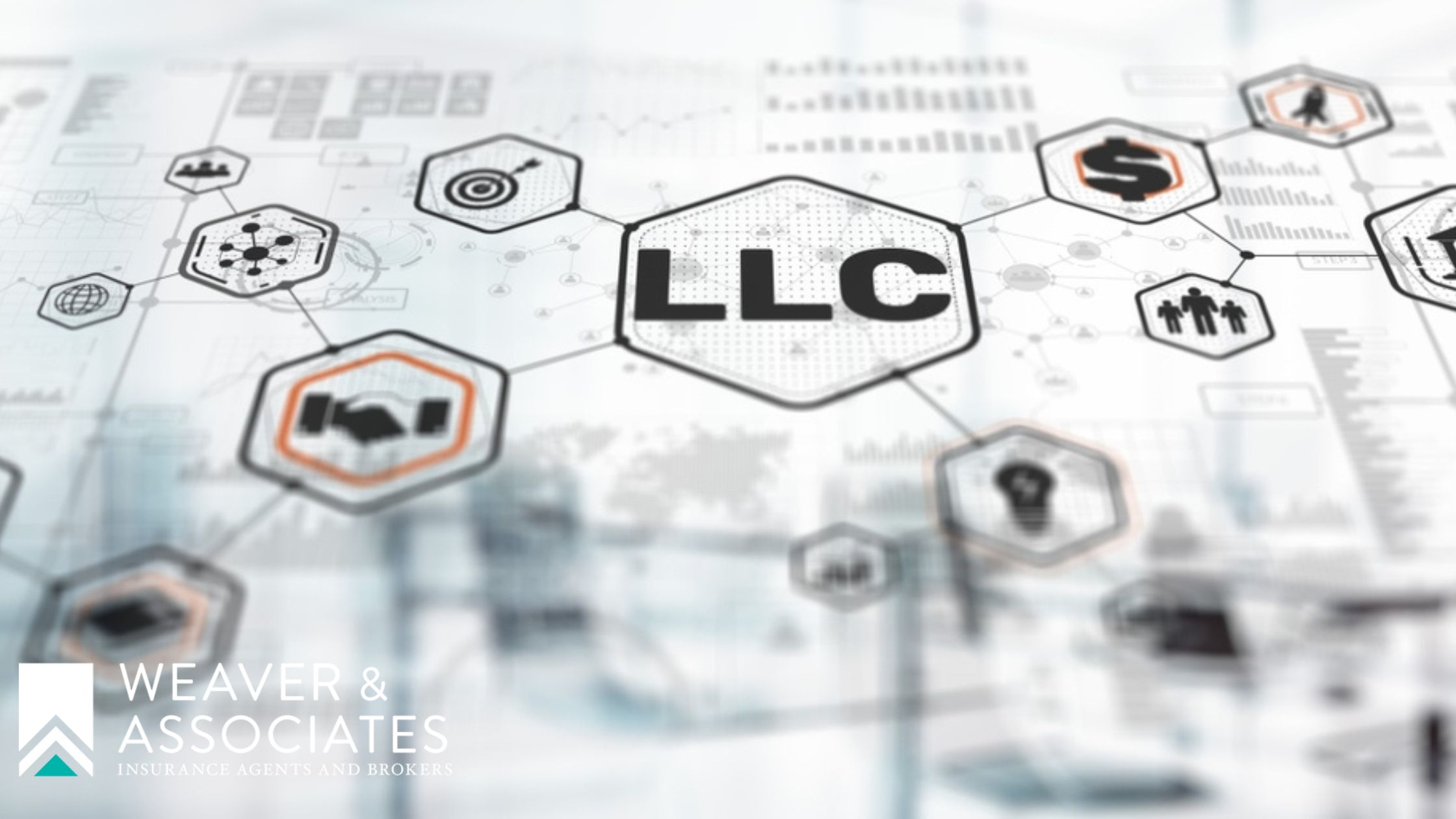The type of your sole proprietor business determines whether you should get professional liability insurance. Having this policy can protect your company against service-related lawsuits. Even if you own a small business, offering professional services to customers or clients can expose you to liability claims daily. Consider this coverage seriously if you’re involved in consultancy, floor repair, or software design services.
What Is Professional Liability Insurance?
Professional liability insurance is a policy that covers your business’ mistakes when they impact the quality of services provided to clients. Also called errors and omissions (E& O) insurance, this safety net can protect your sole proprietorship business if a client sues you alleging that you did not meet your contractual or professional obligations. A customer could claim in court that they incurred financial loss due to bad advice or solutions that you offered them. Another might allege that you did substandard work contrary to your signed contract. Your E& O policy can cover these legitimate claims and lawsuits.
Typically, it would pay the compensation amount the court orders after ruling in favor of your client. Your defense attorney fees are covered, too, including when the court determines that you did nothing wrong. Your policy limits dictate the maximum financial protection you can get from this coverage.
When to Get Professional Liability Insurance
Errors and omissions coverage is a worthwhile investment for your sole proprietorship if you’re in the service industry. Small businesses providing services to clients in software development, manual labor, and architecture should consider having this policy. You can even engage an agent to help assess your risk of service-related customer lawsuits. Getting professional liability insurance makes sense for service providers in various scenarios. These may include:
- Financial protection: Without enough liability protection, a small business may not recover from a large payout in court-awarded compensatory damages to a client.
- Compliance: With certain professional services, the law requires practitioners or providers to maintain some type of E&O coverage.
- Client requirements: Some customers, especially B2Bs, may not order your services if you don’t have proof of liability coverage.
Sole Proprietors That Don’t Need This Coverage
Professional liability insurance covers service flaws, not products, so you may not need it if you only sell the latter. The policy is probably unnecessary for your sole proprietorship if you sell merchandise from your home. It may not protect your small business if you sell handmade products and solutions manufactured by multilevel marketing firms. Brick-and-mortar sole proprietorships that may not need E& O coverage include:
- Cafes
- Retail stores
- Bakeries
You need a different type of liability protection against defective product lawsuits (E&O doesn’t cover these issues).
Other Small Business Insurance Policies
Even if you’re a service-oriented sole proprietor, your small business may need different types of insurance covers for liability lawsuit protection. Other useful liability policies include:
- Workers’ compensation insurance: This policy is mandatory for businesses that exceed a specified number of employees. It covers damages for work-related illnesses and injuries.
- General liability insurance: Consider this coverage if you run a brick-and-mortar store. It covers medical costs and related expenses for a customer injured in an accident on your premises.
If you need help understanding your professional liability insurance policy, or if you want to start a new one, contact us today. Our expert agents at Weaver & Associates will be happy to assist you in creating a customized property liability insurance plan.







